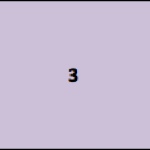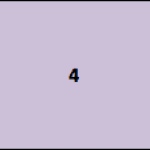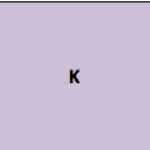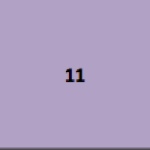Information
-
Audit Title
-
Document No.
-
Client / Site
-
Conducted on
-
Prepared by
-
Location
-
Personnel
Reading Literature
-
Demonstrate understanding of a text
-
Recount stories, fables, folktales, and myths from diverse cultures
-
Describe characters in a story
-
Distinguish literal from nonliteral language
-
Refer to parts of stories, dramas, and poems when writing or speaking
-
Distinguish points of view: your own, the narrator or characters'
-
Explain how illustrations relate to words in a story
-
Compare and contrast the themes, settings, and plots of stories written by the same author
-
Read and comprehend literature of appropriate complexity
Reading Informational Text
-
Determine the main idea of a text; recount the key details
-
Describe the relationship between a series of historical events, scientific ideas or concepts
-
Determine the meaning of academic and domain-specific words
-
Use text features and search tools to locate information
-
Distinguish their own point of view from that of the author of a text
-
Demonstrate understanding of the text
-
Describe connection between particular sentences and paragraphs in a text
-
Compare and contrast two texts on the same topic
-
Read and comprehend texts appropriate for grades 2-3
Foundational Skills
-
Know and apply grade-level phonics and word analysis skills in decoding words
-
Read with sufficient accuracy and fluency to support comprehension
Writing
-
Write opinions on topics or texts, supporting a point of view with reasons
-
Write informative/explanatory supporting a point of view with reasons
-
Write narratives to develop real or imagined experiences or events
-
Use technology to produce and publish writing
-
Develop and strengthen writing by planning, revising, and editing
-
Produce writing with development and organization
-
Conduct short research projects that build knowledge about a topic
-
Recall information from experiences or gather information from print and digital sources; take brief notes on sources and sort evidence into provided categories
-
Write routinely over extended time frames and shorter time frames for a range of discipline-specifics tasks, purposes, and audiences
Speaking and Listening
-
Engage effectively in a range of group discussions with diverse partners on grade 3 topics and texts, building on others' ideas and expressing their own clearly
-
Determine the main ideas and supporting details of a text read aloud or information presented in diverse media and formats, including visually, quantitatively, and orally
-
Ask and answer questions about information from a speaker, offering appropriate elaboration and detail
-
Report on a topic or text, tell a story, or recount an experience with appropriate facts and relevant, descriptive details, speaking clearly at an understandable pace
-
Create engaging audio recordings of stories or poems that demonstrate fluid reading at an understandable pace; add visual displays when appropriate to emphasize or enhance certain facts or details
-
Produce complete sentences when appropriate to task and situation in order to provide requested detail or clarification
Language Standards
-
Demonstrate command of English grammar and usage
-
Demonstrate command English capitalization, punctuation, and spelling
-
Clarify the meaning of unknown and multiple-meaning words and phrases based on grade 3 reading and content, choosing flexibly from a range of strategies
-
Demonstrate understanding of figurative language, word relationships and nuances in word meanings
-
Acquire and use accurately grade-appropriate conversational, general academic, and domain-specific words and phrases, including those that signal spatial and temporal relationships
-
Use knowledge of language and its conventions when writing, speaking, reading, or listening










